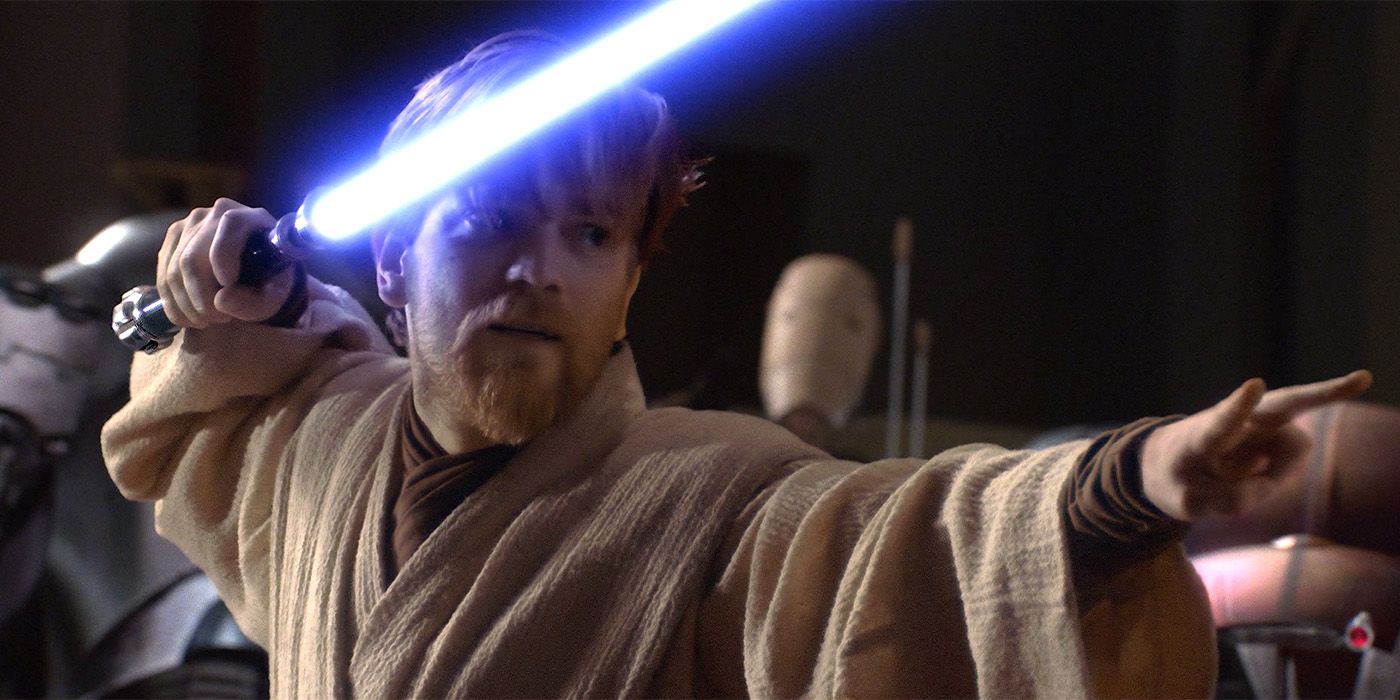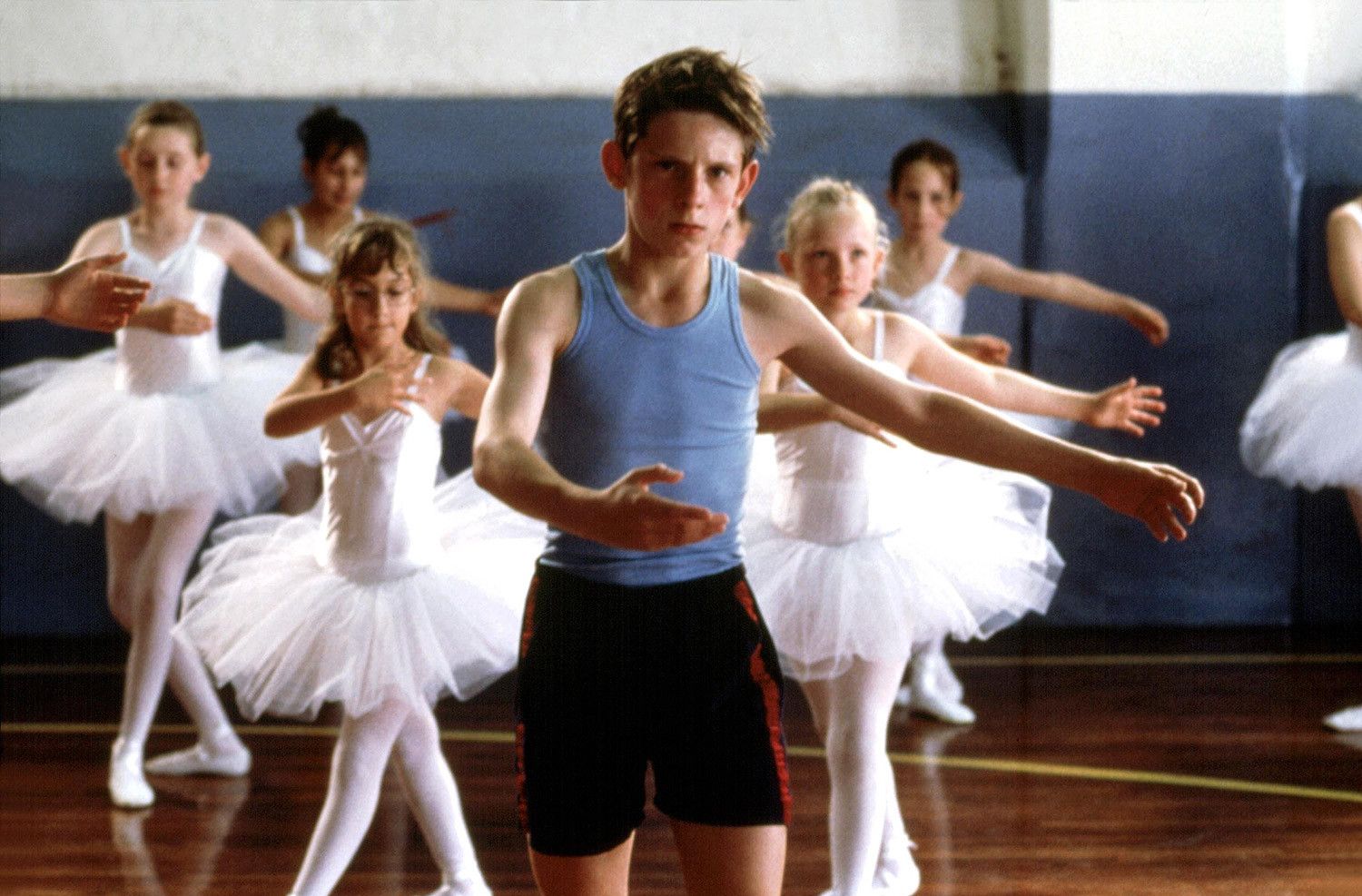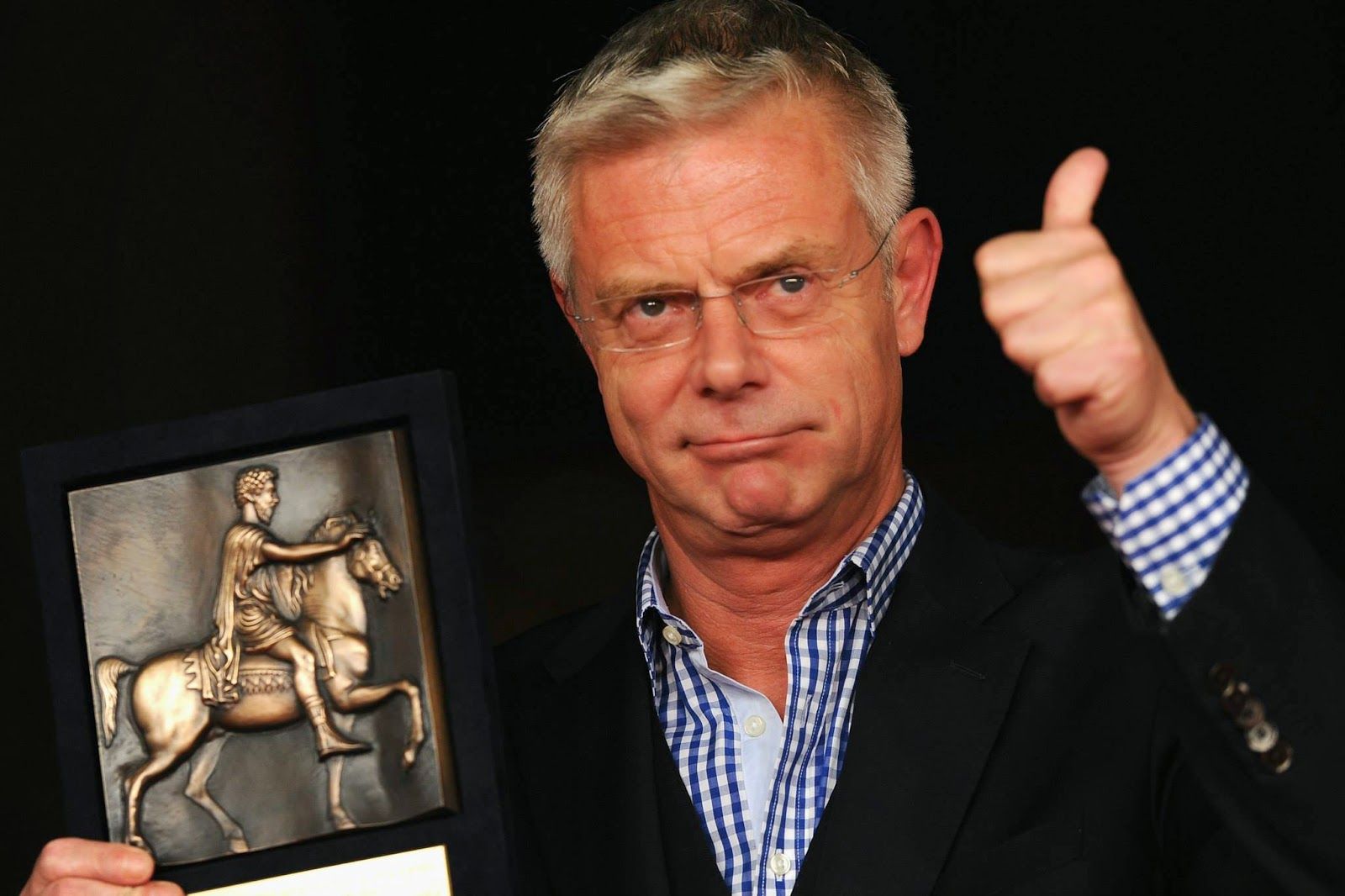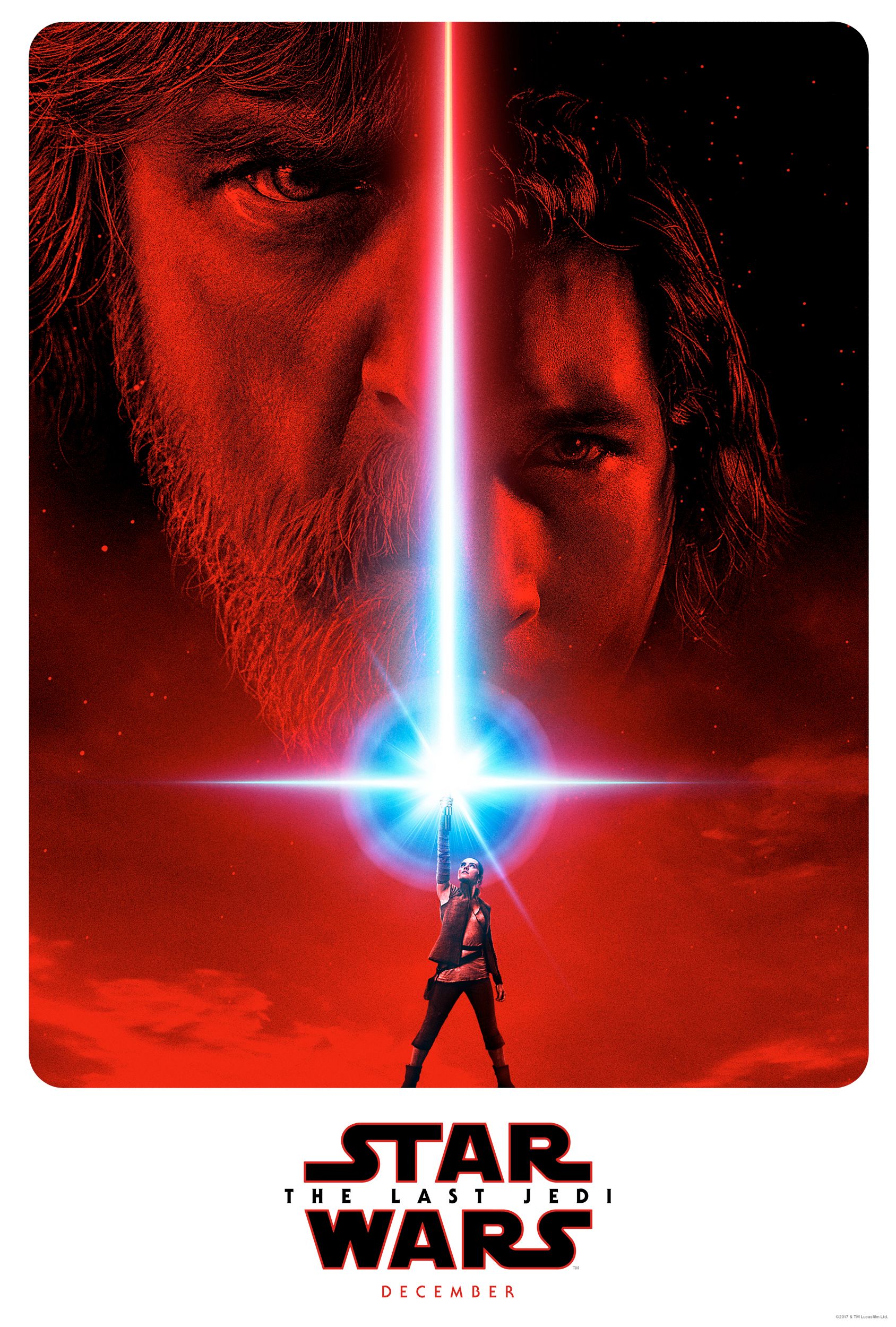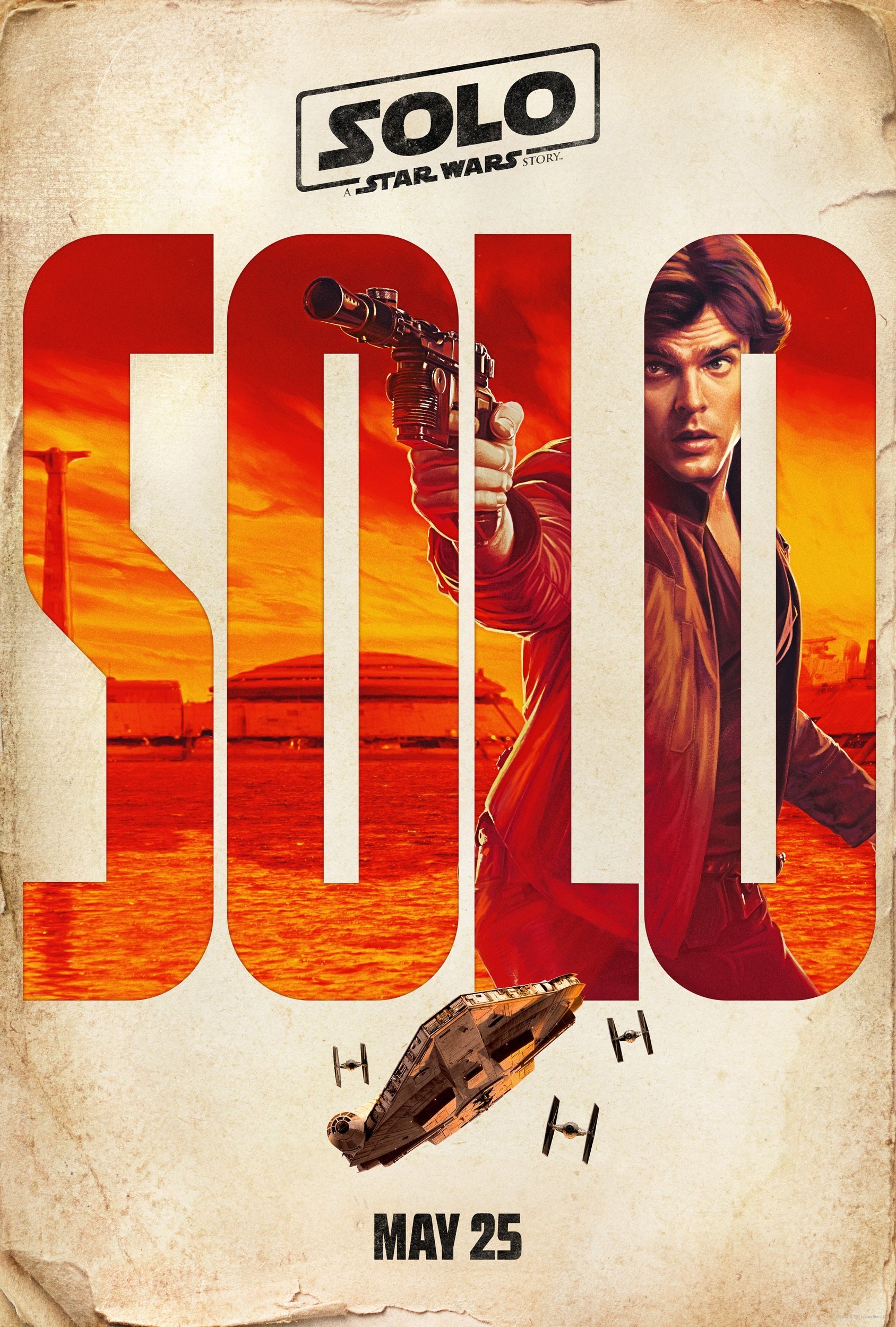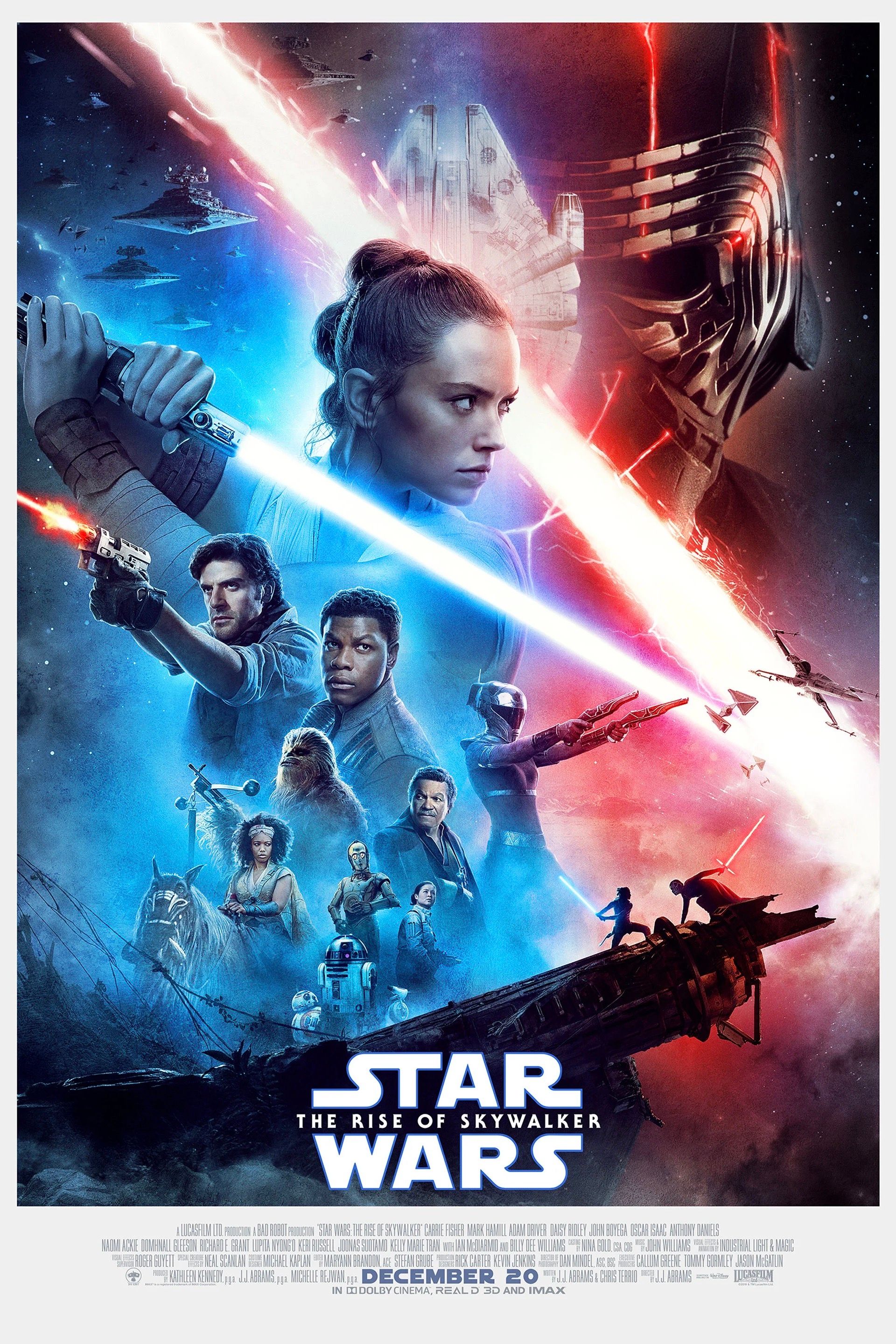The Star Wars franchise has had a tough time with directors since its revival under the reign of the Walt Disney Company. While J.J. Abrams brought them glorious success as the man behind The Force Awakens, Gareth Edwards's time in charge of Rogue One was mired in tougher circumstances and accusations of some major issues necessitating Tony Gilroy taking over reshoots to rework the third act. The Last Jedi seems to be in good hands with Rian Johnson, or at the very least there have been no murmurings of problems on-set or in the boardroom, but the second spin-off, the Untitled Han Solo movie, wherein directors Phil Lord and Christopher Miller, formerly of the Jump Street series and The Lego Movie, were unceremoniously removed from the project with only a couple of weeks of shooting to go.Rumors flew around the internet, alleging creative squabbles and panic from Lucasfilm executive Kathleen Kennedy over Lord and Miller's choices with one of the franchise's most iconic characters, but it ultimately it looks like the filmmakers were ejection in an effort to prevent their vision from having any influence on the movie's post production. Now, with Ron Howard taking over the project, allowing things to relax a little more after a tempestuous Summer, it's time for Lucasfilm to continue expanding their universe.The Hollywood Reporter revealed the exclusive that a solo movie for Obi-Wan Kenobi was in the works, with Oscar nominated director Stephen Daldry in talks to helm the effort. This is all still in the very early stages where anything can and probably will happen, but if it were to go forward, an Obi-Wan movie would surely pique the interests of fans and novices alike. Picking a director for a project of this magnitude is never easy. Few franchises, even the multi-billion dollar ones, carry the sheer weight of legacy and cultural impact in the way Star Wars does, and any director working within that capacity must wrangle with that and the inevitable constrictions put in place by Disney and Lucasfilm. This probably won't be the blank canvas for a distinctive auteur to wield his materials as they please.Knowing all of that, the potential hiring of Daldry still seems kind of boring. Daldry is an undoubtedly talented director, one with decades of experience on stage and screen, with the awards to back it up, but he doesn't inspire fervent enthusiasm, even from many critics. He's respected, respectable and gets the job done, no questions asked. That's pretty dull, but that's also the point. After all the panic and chaos caused by their recent director choices, maybe what Star Wars needs is a steady set of hands.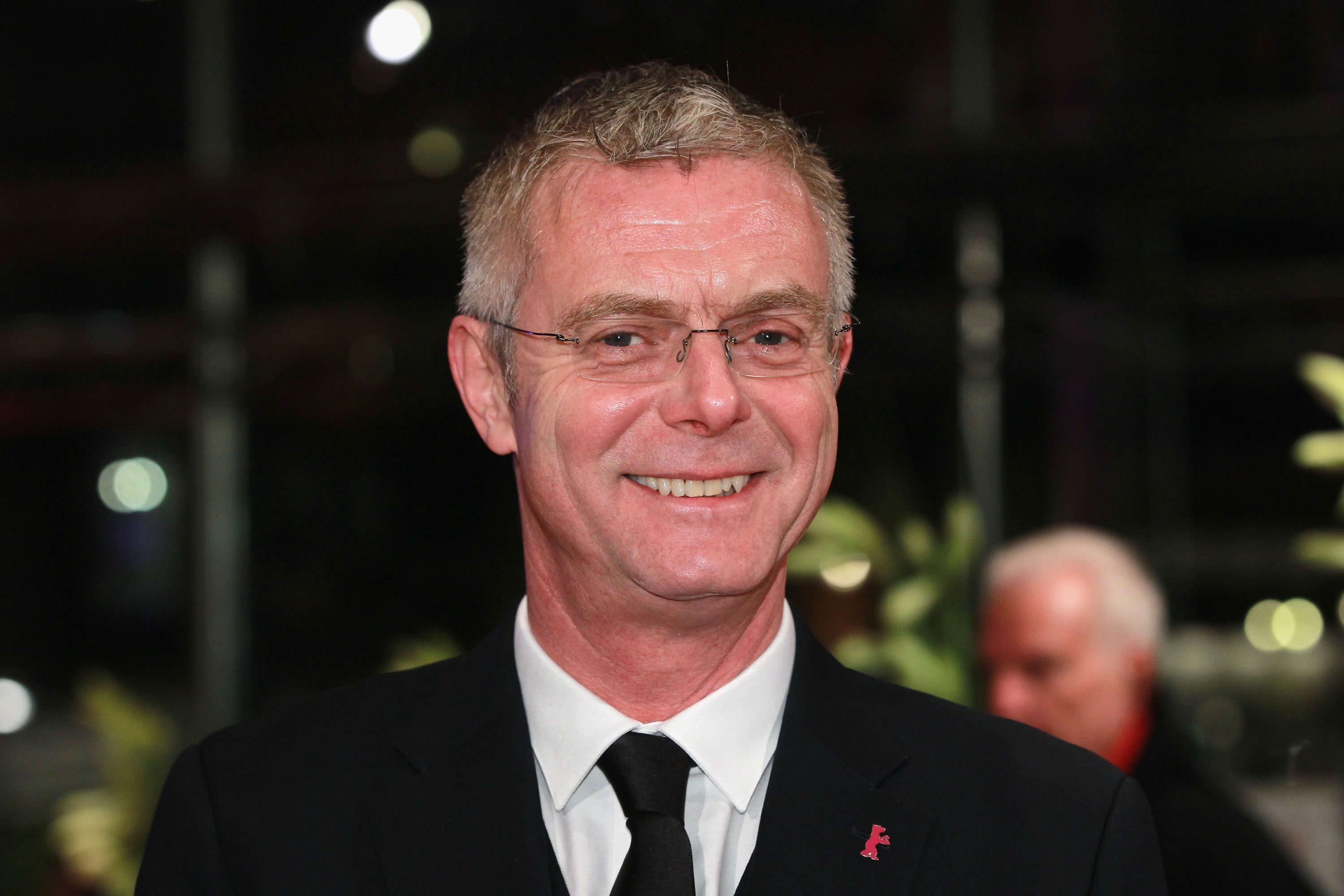 That's not to say that Daldry is in any way a staid or workmanlike director. For many years, he was one of the most celebrated stage directors in the UK, working as artistic director of the Royal Court Theater from 1992 - 1998, where he helmed a number of celebrated productions. While working for the Royal National Theater, Daldry directed a revival of J.B. Priestley's An Inspector Calls, which is credited with re-introducing the playwright to modern audiences and completely reinventing the play for a new age. The 1992 production made the World War 2 era critique of the upper classes fresh for contemporary tastes without losing its savage edge, and the staging became one of the must-see sights in 20th-century theater. The production is so celebrated that it went on a UK wide tour a decade later.Daldry maintained his theatrical clout when he made his feature film directorial debut with Billy Elliot, a drama set during the miners' strike of 1984 in the North of England that follows a young boy who discovers a penchant for ballet. Time has not diluted the power of Billy Elliot, an immensely charming film that accurately captures the working class strife of Thatcher Britain while maintaining an empathy for its central character, a confused kid who finds dance as a way to express himself. It's a dynamic film that's sturdily put together, and it became a major hit upon release, grossing over $100m worldwide from a $5m budget. It also garnered Daldry his first Oscar nomination for Best Director.
That's not to say that Daldry is in any way a staid or workmanlike director. For many years, he was one of the most celebrated stage directors in the UK, working as artistic director of the Royal Court Theater from 1992 - 1998, where he helmed a number of celebrated productions. While working for the Royal National Theater, Daldry directed a revival of J.B. Priestley's An Inspector Calls, which is credited with re-introducing the playwright to modern audiences and completely reinventing the play for a new age. The 1992 production made the World War 2 era critique of the upper classes fresh for contemporary tastes without losing its savage edge, and the staging became one of the must-see sights in 20th-century theater. The production is so celebrated that it went on a UK wide tour a decade later.Daldry maintained his theatrical clout when he made his feature film directorial debut with Billy Elliot, a drama set during the miners' strike of 1984 in the North of England that follows a young boy who discovers a penchant for ballet. Time has not diluted the power of Billy Elliot, an immensely charming film that accurately captures the working class strife of Thatcher Britain while maintaining an empathy for its central character, a confused kid who finds dance as a way to express himself. It's a dynamic film that's sturdily put together, and it became a major hit upon release, grossing over $100m worldwide from a $5m budget. It also garnered Daldry his first Oscar nomination for Best Director.
This started an incredible streak of success for Daldry, who landed two more Best Director Oscar nominations for his next two movies, The Hours and The Reader (both were also nominated for Best Picture). The next decade marked Daldry as a talent to watch, one with a keen eye for awards-friendly material and translating it to great success. Arguably his best project during this time was the stage adaptation of Billy Elliot: The Musical. He managed to successfully capture the dynamism of the film, from its dizzying choreography to the fervor of miners unions in protest, while adding the dazzling theatricalities required of the West End and Broadway. It's one thing to make a mid-budget indie film; it's a whole other challenge to turn that into a family friendly musical people would be willing to pay $100 a ticket for. Billy Elliot the Musical is a magnetic show that keeps its cultural specificity yet remains accessible to wider audiences. How many musicals do you know contain a song called Merry Christmas Margaret Thatcher? Both the West End and Broadway productions were financial successes and landed Daldry a sack of awards.
All of this background (including his recent work on the Netflix series The Crown, which is a major Emmy contender this year) emphasizes a key detail about Daldry he's good at his job but he's also immensely disciplined. He's used to working with budgets big and small, sticking to the constraints of adapting previously existing material, and dealing with gut-busting Hollywood producers, most notably Scott Rudin. He's the kind of director you can set your watch to. That may not inspire wild enthusiasm, but the results speak for themselves.
The question is also about the kind of director Lucasfilm needs and not necessarily one it wants. It's clear that the studio was on some level keen to embrace a burgeoning auteur mold of director, someone in the vein of a young George Lucas who could put their own stamp on the series but ensure it remained an instantly recognizable product the Star Wars brand. That's not yielded very strong results for them so far. J.J. Abrams did well but he's a dab hand at the big studio rodeo, one who knows how to give the producers what they want. Gareth Edwards ran up against studio expectations for Rogue One, and Lord and Miller were allegedly too focused on the goofy comedy aspect of Han Solo, which worried Lucasfilm. We can grumble about the supposed lack of creative integrity and originality in the studio right now, but this is a multi-billion dollar product that Disney bought with the explicit intent to milk for years, and possibly decades to come. That requires directors willing to play the game. It calls for the sturdy, studio-tied director model of old, someone robust and with the years behind them to show they know what they're doing. Ron Howard is a consummate director of that classical mold, and so is Daldry. There's no way he's going to be getting into fights with Kathleen Kennedy or spend hours on unnecessary improv. You want the job done? Hire someone you know you can count on.
Daldry may have his hands full if he does indeed direct the Obi-Wan Kenobi film, as he is still attached to Universal's long-awaited movie adaptation of the Broadway musical Wicked. Lots of things need to happen before any director can sign on the dotted line to join the Star Wars universe, but given recent troubles and the studio's desire to keep calm and carry on, it's hard to think of a sturdier pair of hands than Stephen Daldry, boredom be damned.

